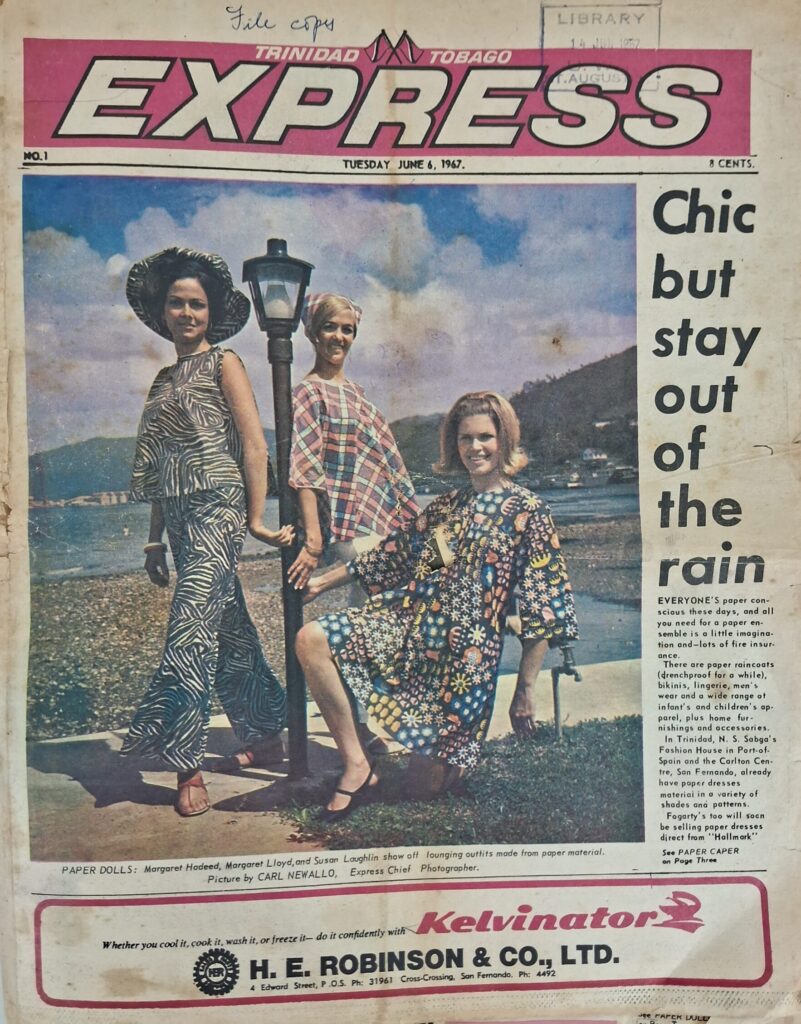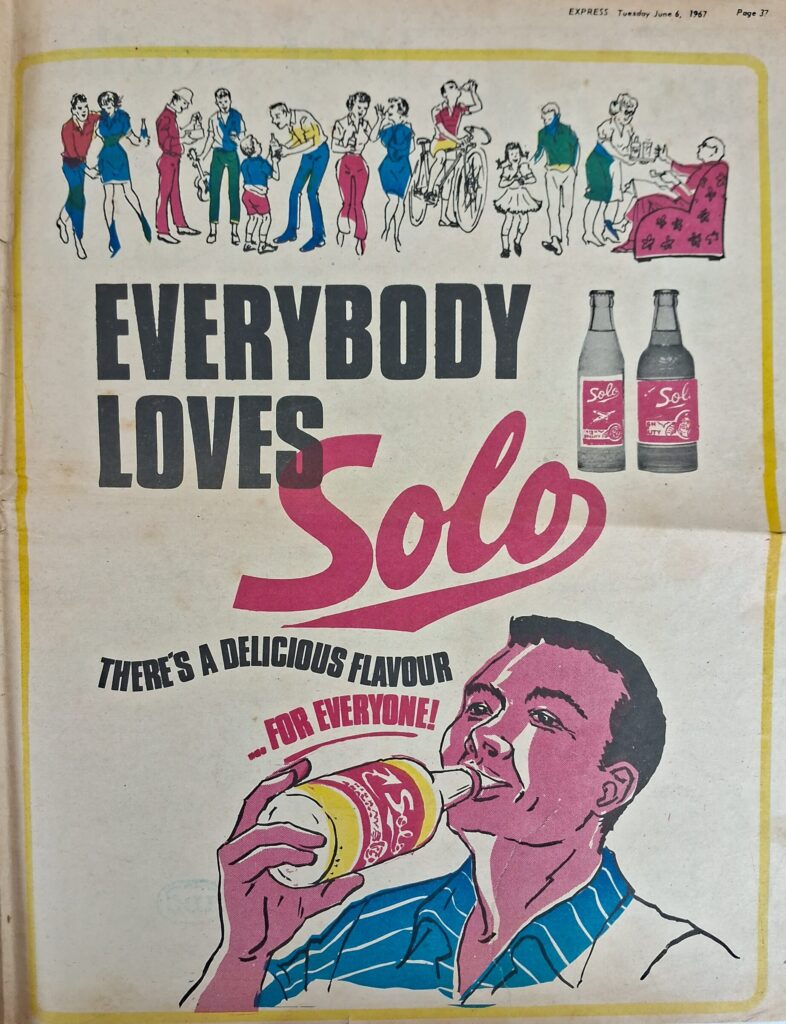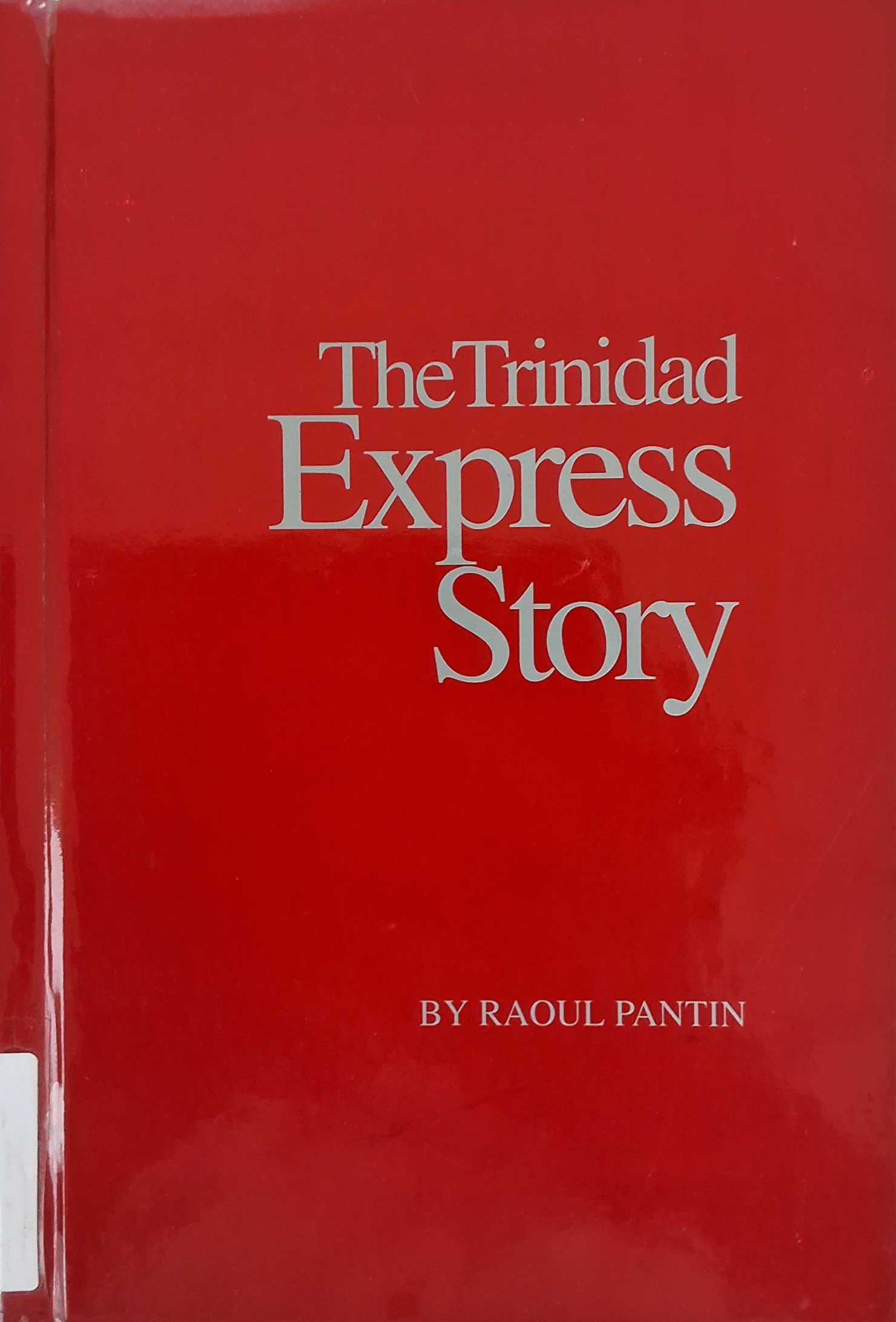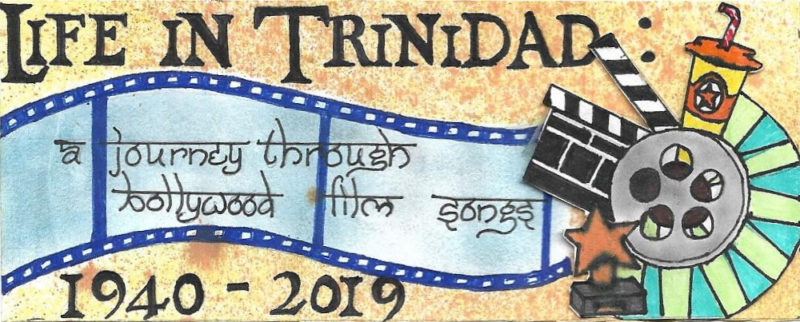Trinidad Express
In June 1967, the Trinidad Express emerged as a new daily newspaper to challenge the Trinidad Guardian’s monopoly. Spearheaded by Vernon Charles, the Head of Joseph Charles Bottling Works (makers of Solo and Apple J), it defied skepticism and became one of the major newspapers in Trinidad and Tobago.
The Trinidad Express is Born
On Tuesday, June 6, 1967, the inaugural issue of the Trinidad Express hit the streets. At that time, Trinidad and Tobago had only one daily newspaper, the Trinidad Guardian, which was established during World War I in 1917. The Trinidad Guardian was under the ownership of Lord Thompson of Fleet, a Canadian-born British newspaper magnate.
The Trinidad Guardian celebrated its 49th anniversary on September 2, 1966. Three years prior, a second daily newspaper emerged: the Trinidad Mirror. However, the Guardian dismissed the Mirror as inconsequential, considering it more of a nuisance than a genuine threat. On the Guardian’s 49th anniversary, the Trinidad Mirror ceased publication, leaving its employees devastated.
The employees protested, marched, and even started a short-lived newspaper called the Action. However, in a few months’ time, it was clear that the Mirror was gone for good.
Later that year, some former employees of the Mirror approached Vernon Charles at the Joseph Charles Bottling Plant in Aranguez and asked him to spearhead the revival of a daily newspaper. Vernon was the eldest son of Joseph Charles, of Solo fame, who passed away in 1965. He was now the Head of Joseph Charles Bottling Works.
Once Vernon Charles became convinced of the idea of launching a new daily newspaper to compete with the Trinidad Guardian, he embarked on securing shareholder and advertiser support for the new venture. The main competitor of the Mirror in England was the Express. This was the inspiration for the name, The Trinidad Express.
Around 1966, prevailing sentiment held that no other daily newspaper could survive in Trinidad and Tobago apart from the Trinidad Guardian. Several contenders had already met their demise, including the Trinidad Mirror. Skepticism persisted that local businessmen lacked the ability to manage a successful daily newspaper. Raoul Pantin (2009) reported that Vernon Charles himself faced ridicule, with some predicting that the Trinidad Express would not last six months.
According to Pantin (2009, p.26), on one occasion, Charles addressed a meeting of the South Trinidad Chamber of Industry and Commerce to whip up support for the newspaper before its launch. After the meeting, a businessman told him, “I think you’re making a big mistake. Because the businessmen and the white fellahs tried it with the Gazette and the Chronicle and it didn’t last. How you coloured fellahs going to make it?” Vernon Charles responded, “You ever hear about Solo? We started after Coke and Pepsi and today we outsell them. We’re going to do the same thing with this newspaper.”
From the beginning, Vernon Charles wanted a Board of Directors comprising all the ethnic groups in Trinidad and Tobago (Pantin, 2009). Under his astute leadership and an inclusive Board of Directors (which included Tajmool Hosein, Thomas Gatcliffe, and Sidney Knox), the first issue of the Trinidad Express debuted on June 7, 1967. Charles almost single-handedly raised the $500,000.00 required to purchase a second-hand press for the newspaper. In retrospect, the Trinidad Express has proven its resilience over time, even in the face of early skepticism. Today, it is one of the three major daily newspapers in Trinidad and Tobago.
Here are two pictures from the inaugural issue of the Trinidad Express. The first one shows the cover page with three ladies modelling paper dresses, fashion items which were becoming popular at the time (the headline wisely warns, “stay out of the rain”). The second one shows an advertisement for Solo’s beverages on the penultimate page.

Paper Dresses

Solo’s Advertisement
Interestingly, Patrick Chookolingo, a highly experienced former employee of the Trinidad Mirror, was one of the key persons behind the initiative to start the Trinidad Express. He became the General Manager but did not stay very long at the Trinidad Express. He later established a set of weekly tabloid newspapers such as the Bomb, the Sunday Punch, and the TnT Mirror. These three, together with the daily newspapers, the Trinidad Guardian and its evening edition, the Evening News, and the Trinidad Express, were the major newspapers that shaped the media landscape in Trinidad and Tobago from 1967 to 1990.
In February 1969, Kenneth Gordon became the General Manager of the Trinidad Express, propelling the publication to unprecedented success in the years to come. His visionary leadership was further demonstrated in 1991 when he transitioned the company into a publicly traded entity, known as the Caribbean Communications Network (CCN). He served as the inaugural Chairman and CEO of CCN. A pivotal figure in the media landscape, Gordon was instrumental in the launch of CCN TV6 on August 31, 1991. TV6 was the first private television station to be established in the English-speaking Caribbean. CCN would later merge with the Nation Corporation of Barbados to form One Caribbean Media (OCM) Limited in January 2006. Today, OCM is one of the largest and most diversified media organizations in the Caribbean.
References

Pantin, Raoul (2000). The Trinidad Express Story. Port of Spain, Trinidad and Tobago: Trinidad Express.
